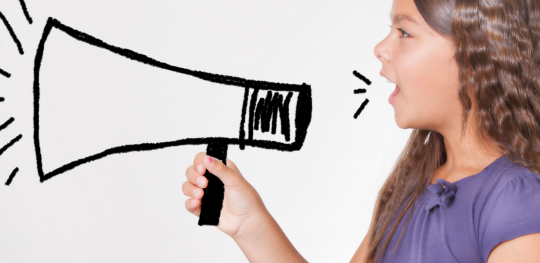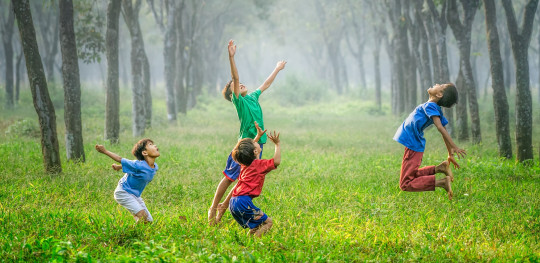Go Plastic Free!
July is here and we have partnered with Twinkl New Zealand to create a range of fantastic resources for your tamariki to participate in plastic-free July!
The Nothing New Challenge
Print out our Nothing-New July calendars for your students or whānau to continue the plastic-free challenge over the month. With a simple task and reflection for every week, students will learn practical ways to refuse, reduce and reuse. Share your photos with us of your students or whānau participating.
The Resources
When considering the Rs of Refuse, Reduce, Reuse, Recycle – there is often a lot of emphasis on recycle in education. Yet the most environmentally friendly product is the one you don’t buy new! Which is why we love the bilingual hierarchy of waste poster – helping children understand the ways in which these choices hurt or harm Papatūānuku. In the bundle you will also find - presentations about fast fashion, waste management and ethical consumerism; price comparison problem solving exercises; waste code breaker; a waste sort; consumer ethics concept cards; a retailer responsibility persuasive writing exercise.
Share
We would love to see the different ways that you, your students and your whānau make changes during plastic-free July! Email us your photos and learning stories at education@scnz.org.nz
Children’s Right to a Healthy Environment
Under the United Nations Convention on the Rights of the Child, children have a right to a healthy environment and adults must do what is best for them – but the world is failing on both counts. Aggressive advertising of plastic products to children, inaction from adults, and lagging environmental policies mean that today’s children will bear the brunt of climate change and environmental degradation. These resources empower children in what can feel like an overwhelming issue, with the knowledge to make sustainable choices that they can share with their community.
Plastic-Free Privilege
It’s important when looking at environmental issues and action, that children and whānau do not feel guilty about choices that are out of their control. Going plastic-free is a privilege. Let’s face it – plastic products are often more affordable than metal, glass or bamboo; many people with medical conditions and disabilities rely on plastic for many of their treatments and care; and plastic free packaged food options require time, money and transport to access. As such the resources Twinkl and Save the Children have created are inclusive and feasible for all to implement.



